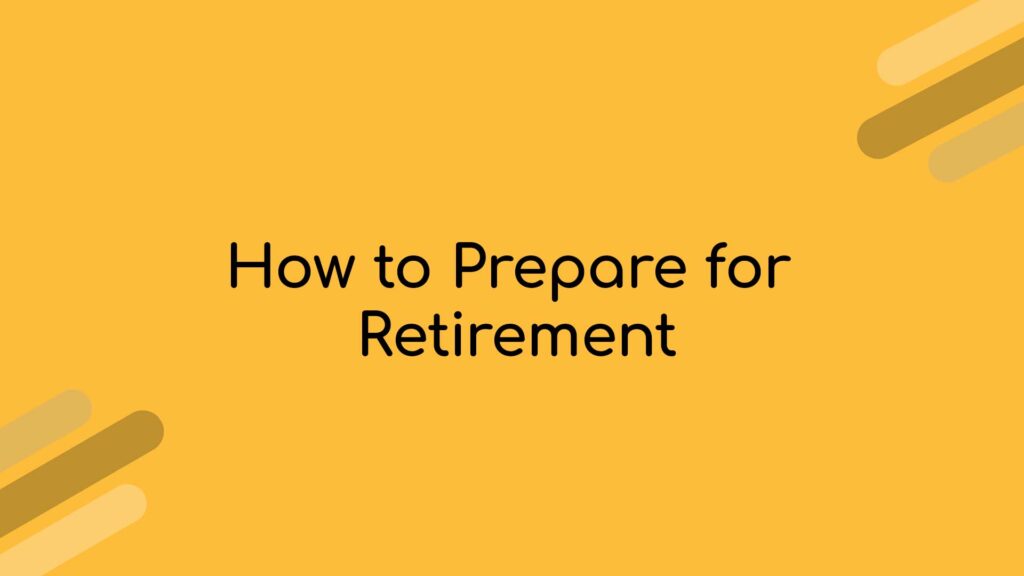The Wall Street Journal had an article on the advisability of buying identity theft insurance. (“Is Identity-Theft Insurance a Waste of Money”, Priya Anand: March 31st 2014)
Since this is a question that comes up from time, thought I’d post a couple paragraphs of the article that I thought contained some good information.
“People shouldn’t be mesmerized by the insurance that may be provided. It’s more important to look at how the service actually works and what it does for you,” says Susan Grant, director of consumer protection at the Consumer Federation of America. “Are you looking for somebody, for instance, who’s going to do everything for you if you have a problem, or are you confident that if somebody gives you advice, you’d just be able to do it yourself?”
There are a number of protections people can get for free. For instance, credit experts recommend consumers set up custom alerts with their banks and credit card companies to receive emails or texts for transactions. People should also review their online statements daily and check their credit reports from each of the three bureaus, Equifax, Experian and TransUnion, once every 12 months.
And consumers can put a “security freeze” on their account with the credit bureaus for a small fee (usually less than $10), which can help prevent a fraudster from opening a new line of credit in your name. Or people can sign up for free fraud alerts, which require businesses to take extra steps to verify your identity before opening new accounts or increasing a credit limit.
And there are other free resources available as well. The Identity Theft Resource Center offers a free ID theft victim hotline. Eva Velasquez, president and CEO of the San Diego-based nonprofit, says consumers should check their homeowners insurance policies because ID theft insurance may already be included and take advantage of resources that are free. Banks and credit card companies already watch accounts for fraud, and paying for another monitoring service doesn’t guarantee security.




